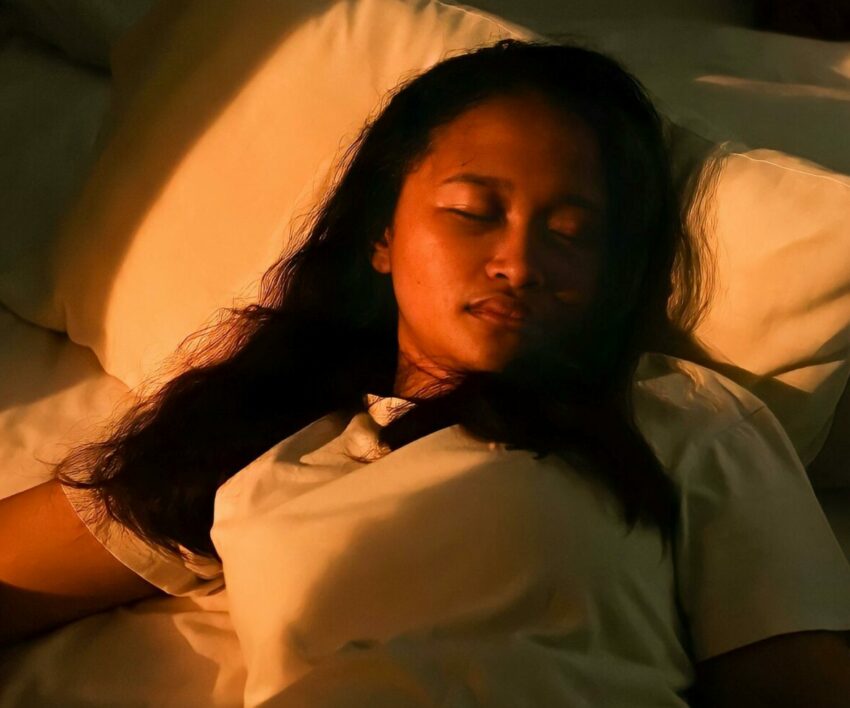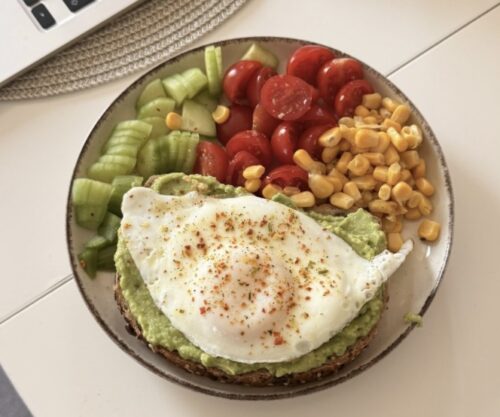
During this time of the year sleep often takes a backseat to work, social commitments, and endless to-do lists. However, sleep is one of the most critical components of a daily activity of life. We tend to neglect the benefits of good quality snooze. Tracking your sleep can be a game-changer, offering insights that empower you to make meaningful improvements to your health.
Tracking your sleep isn’t just about numbers; it’s about understanding how your habits and environment impact your rest. Here’s why tracking your sleep is essential and the most effective way to do it.
Understanding your sleep patterns
Tracking your sleep helps you identify your sleep patterns, including the amount of time you spend in each sleep stage: light, deep, and REM sleep. This understanding can highlight whether you’re getting enough restorative sleep.
Improving sleep quality
By identifying disruptions and patterns, you can pinpoint what affects your sleep quality. For example, tracking might reveal that late-night screen time or caffeine consumption hinders your ability to fall asleep.
Boosting overall health
Sleep is crucial for physical recovery, mental clarity, and emotional stability. Poor sleep has been linked to various health issues, including weight gain, weakened immunity, and increased risk of chronic conditions like diabetes and heart disease. Monitoring your sleep can help mitigate these risks.
Enhancing productivity
A good night’s sleep is directly tied to improved focus, memory, and decision-making. Tracking your sleep ensures you’re optimising your rest to perform at your best.
Identifying sleep disorders
Sleep tracking can alert you to potential issues such as insomnia, sleep apnea, or restless leg syndrome, prompting you to seek professional help when necessary.
Methods to track your sleep
Wearable devices – Gadgets like smartwatches and fitness bands (e.g., Fitbit, Apple Watch, or Garmin) come equipped with sensors that monitor your movement, heart rate, and blood oxygen levels to analyse your sleep stages and duration.
Smartphone apps – Sleep-tracking apps, such as Sleep Cycle, Pillow, or SleepScore, use your phone’s microphone and accelerometer to monitor your sleep. These apps often include features like sleep coaching and alarm clocks that wake you during your lightest sleep phase.
Traditional sleep diaries – For a low-tech option, keep a sleep journal. Record when you go to bed, and wake up, and any observations about your sleep quality. Over time, patterns and triggers become more apparent.
Polysomnography (Sleep study) – If you suspect a sleep disorder, a professional sleep study can provide detailed data on your brain activity, oxygen levels, and more. While not an everyday method, it’s a critical tool for diagnosing issues.
Tips for successful sleep tracking
- Be consistent: Track your sleep regularly to gather meaningful data.
- Analyse trends: Look for patterns rather than focusing on one-off nights.
- Pair tracking with lifestyle changes: Use your insights to adjust your bedtime routine, diet, or exercise habits.
- Set realistic goals: Aim for gradual improvements rather than perfection.
Whether you choose high-tech gadgets or simple journaling, the key is to start paying attention to this vital aspect of your life. Sweet dreams!
Compiled by: Amy Steenkamp
First published by Woman&Home
Also see: Why your go-to sleeping position may be causing you pain




